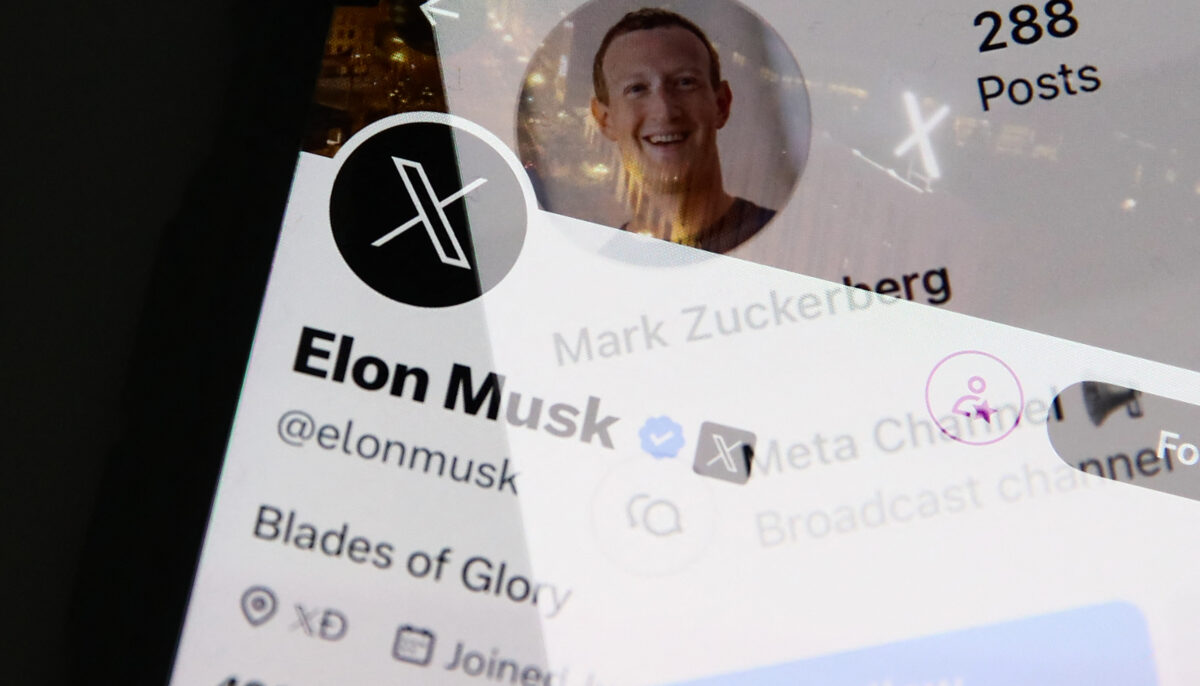In a video published on January 7, 2025, Meta’s multibillionaire CEO Mark Zuckerberg informed users about new policy changes that would result in “more speech and fewer mistakes.” Under this pretext, Meta is aligning its content moderation strategy with X’s controversial approach, a development that is sure to bring detrimental consequences to digital rights.
Starting with “getting rid of” the third party fact-checking program in the United States and replacing it with a Community Notes model, borrowed from X, Meta deceivingly claims that this change will crack down on political bias. Although third party fact-checkers are independent and IFCN-certified, Zuckerberg falsely argues that Community Notes, written by contributing users with their proper biases and perspectives and without any safeguards regarding their impartiality, will guarantee a fairer content moderation. This will inevitably lead to a surge in fake news and disinformation campaigns led by authoritarian regimes, in the WANA region and elsewhere, that also control traditional media. In addition, X is often invoked throughout the video as a positive example, in spite of the platform’s poor record in tackling the spread of misinformation and hate speech and the formal proceedings initiated against the company under the European DSA.
Secondly, restrictions on topics that are part of mainstream discourse will also be lifted. These include subjects such as immigration and gender which form part of political debate. While the development may initially be viewed as positive for enhancing free discussions among marginalized groups, lifting restrictions can also contribute to further exclusion of vulnerable communities through the dissemination of hate speech against them. Prioritizing sharing people’s beliefs over marginalized groups’ safety both online and offline is a serious setback for Meta. Multiple examples of crimes against women TikTokers and online influencers from the LGBTQ+ community in Iraq and other countries in the WANA region attest to the failure of existing content moderation policies to protect users. Lowering the standards will eventually increase hate speech online and lead to more hate crimes offline.
At the same time the company is depriving those communities of a safe digital space, it has added Zionism as a protected characteristic, clearly admitting to double standards. The new changes aim to address over-enforcement as a critical issue for freedom of expression, however no word about under-enforcement of content moderation policies which equally affects users’ rights. In the context of the genocide in Gaza, the discrepancy between the protection of Palestinian and Israeli content has been blatant, with Meta continuously silencing Palestinian voices, while allowing content in Hebrew that clearly violates its policies.
Lastly, “bringing back civic content” to Meta’s platforms is two-sided. On one hand, this change will provide civil society with the opportunity for increasing visibility on numerous issues and will re-enable digital activism in regions like the WANA, where state dissidents, journalists and human rights defenders lack the space to express themselves. On the other hand, the personalized approach to what content is shown to users, based on explicit and implicit signals, may result in information shared with the users being one-sided based solely on their previous interactions with specific content. This will not only adversely affect circulation of varied information and perspectives but will also contribute to further polarization.
Meta’s choice to proceed with these changes allegedly to enhance freedom of expression is politically driven and evidently related to Trump’s re-election to the US presidency, as well as to Musk’s direct collaboration with the upcoming administration. Zuckerberg’s speech reveals his intentions to join the MAGA team and stay in Trump’s good books, after the president-elect’s pledge to “smash the censorship cartel of Big Tech.” Completely disregarding other legal orders around the world, including the EU, where freedom of expression is not an absolute right and is subject to limitations, Meta’s new policy elevates freedom of expression to the highest priority, rendering it the principle factor considered in content moderation decisions, and lines up behind Trump’s and Musk’s aspirations to promote their own agenda.
Instead of investing in better content moderation and addressing shortcomings, Meta goes for a more lenient yet dangerous approach which will undoubtedly produce real-life consequences for vulnerable groups around the world, including Palestinians. In regions like West Asia and North Africa, the new policy developments can also be instrumentalized by oppressive regimes to subdue dissidents.
Once again, it is obvious that big tech companies prioritize profit over human rights, advancing their financial goals and yielding to the likings of a US president whose reputation in respect to spreading misinformation and hate speech precedes him. More than ever, there is a vital need to regulate social media platforms’ omnipotence on an international level. The EU is seemingly the only legal order still holding the fortress through its DSA Act when it comes to platform accountability, but these new developments may hinder its implementation.
Photo from AFP



